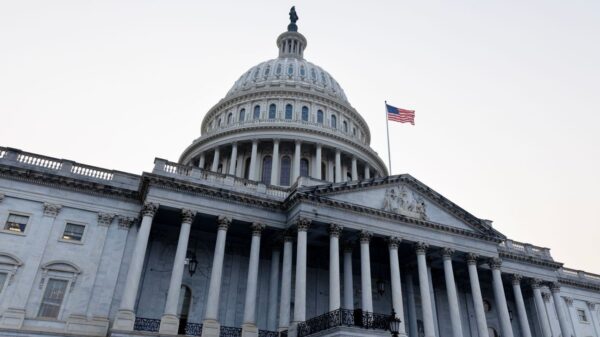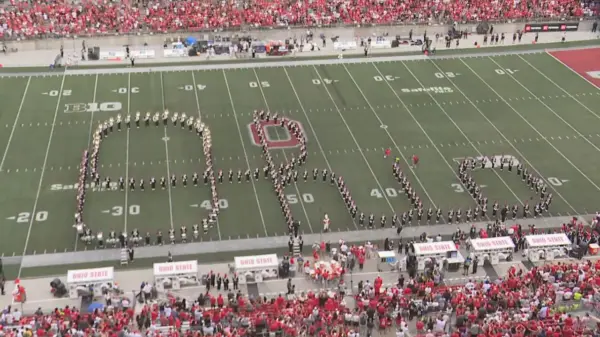URGENT UPDATE: A new report from the American Gaming Association (AGA) reveals a staggering $673.6 billion is placed annually on illegal gambling platforms in the United States. The report, based on data from The Innovation Group, shows that approximately one-third of all bets—specifically 31.9%—are made with unregulated operators, despite the rapid growth of the legal gaming industry.
The illegal gambling market has grown by 22% since 2022, with illegal iGaming, a surge in grey market skill machines, and illegal sports betting contributing to this alarming trend. The AGA emphasizes that this unchecked activity diverts essential resources from licensed operators, ultimately harming local communities by denying them vital funding for infrastructure, education, and public safety.
The report estimates that the illegal gambling market generates about $53.9 billion in revenue annually. If this money were redirected to legal gambling, it could yield approximately $15.3 billion in much-needed tax revenue for state governments.
The findings indicate that illegal gambling exists in multiple forms. More than 625,000 unregulated gaming machines are now reportedly in operation across bars, restaurants, and convenience stores in various states, generating around $30.3 billion in revenue while costing states $9.5 billion in lost tax revenue. The AGA warns that these machines pose significant risks to players due to their unregulated nature.
Additionally, illegal iGaming has reached $18.6 billion in revenue, marking a shocking 38% increase since last year. Alarmingly, the proportion of online gamblers using legal sites has plummeted from 52% in 2022 to just 24% today. While the illegal operators’ share of the overall iGaming market has decreased compared to three years ago, their presence remains a critical concern.
Bill Miller, the AGA’s president and CEO, is calling on lawmakers to take decisive action against the black market. “These bad actors operate in the shadows with zero consumer protections, no responsible gaming obligations, and no economic return to the communities they exploit,” Miller stated. He urged for stronger enforcement measures domestically and a collaborative effort to combat offshore operators.
This analysis follows a separate report regarding the controversial sweepstakes sector, which, despite attempts to distinguish itself from traditional gambling, is viewed as gambling by 90% of U.S. players, according to the AGA.
As illegal gambling continues to thrive, the need for regulatory action has never been more pressing. Authorities and lawmakers must act swiftly to address this growing crisis, ensuring a safer, more regulated environment for all players.
Stay tuned as we monitor this developing story and the potential implications for the gaming industry and local communities.






































































